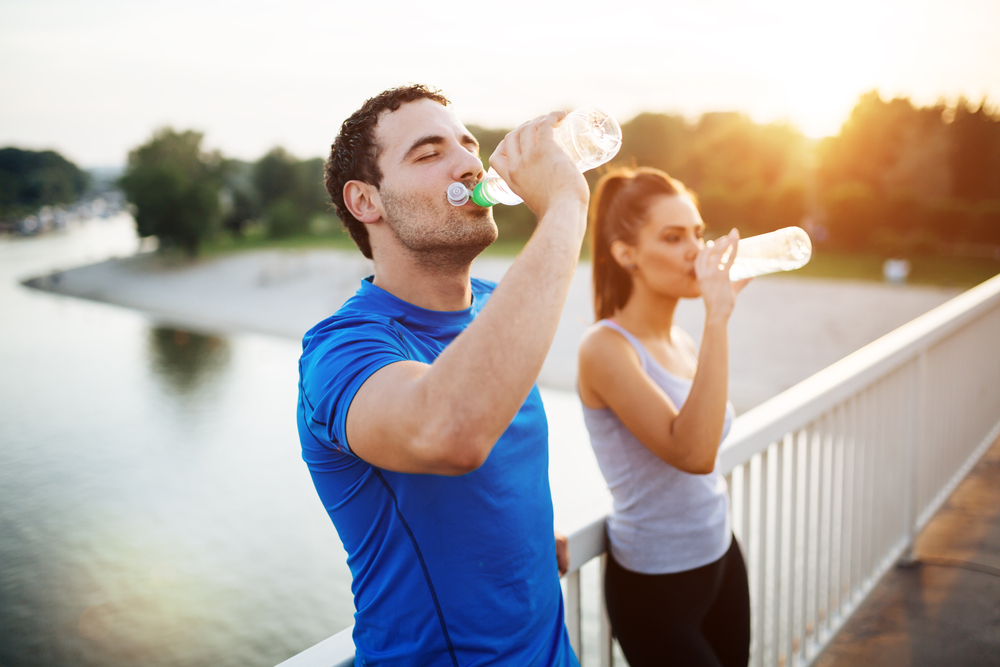Understanding Dehydration

Water makes up over 60% of the human body. It’s important for lubricating the joints and eyes, aiding in digestion, flushing out toxins and nourishing your skin. Therefore, it’s critical to ingest plenty of water, and often. When you expel too much fluid without taking enough in, dehydration occurs. Drinking plenty of water is on par with a good night’s sleep when it comes to fundamentals of heath.
Once the water in your body decreases, an imbalance between the minerals in your body can affect your body’s basic functions. In this post, we’ll explore some basic facts about dehydration and how to prevent it.
Why Is Hydration So Important?
About two-thirds of our body is made of water. Also, hydration is the foundation of basic, optimal nutrition. Additionally, it helps to fuel the body and promote better physical performance.
We often associate dehydration with rigorous exercise. However, with high humidity and heat, it’s very easy to experience dehydration from simpler, less exerting activities. Some additional, common causes of dehydration include pregnancy, certain medications and illnesses.
Avoiding Dehydration
To avoid dehydration, simply plan ahead. If you’re scheduling any outdoor activities like doing cardio or going to the beach, always bring water. For most women, one to two liters a day is a safe amount to rely on. And for men, experts recommend two to three liters. If you’re planning to exercise or spend time in heat, add eight ounces every fifteen to twenty minutes.
Many wonder about high-caffeine beverages like coffee or tea and the ways they may affect hydration. Drinks like coffee or tea are perfectly acceptable throughout the day, if you’re ingesting those critical couple of liters of water as well.
Symptoms of Dehydration
It’s possible to experience dehydration without knowing it. In fact, most people are entirely unaware they’re showing the first signs of dehydration when they begin experiencing symptoms. First, they’ll experience a dry, sticky mouth, plus fatigue and maybe a little dizziness. Also, preliminary symptoms include less urine than normal, or no urine for eight hours. When urine is darker than normal, this can also indicate dehydration. However, certain vitamins and supplements can also influence urine color.
Next, poor muscular coordination, migraine and faster heart rate can indicate dehydration, as well. Some more advanced symptoms include lethargy, irritability or a feeling of listlessness.
Recovering From Dehydration
You should drink at least twelve eight-ounce glasses of fluid on a daily basis to prevent dehydration. Of course, this can include water, juice, electrolyte replacement/sports drinks, and decaffeinated teas/coffee. If you don’t recover within twenty-four hours, make sure you follow up with a health care provider. For more advanced symptoms, visit your nearest emergency room.
Conclusion
If you are active, sick or if the weather is hot, be sure to increase your fluid intake. These simple measures can greatly reduce your chances of dehydration. When you nourish your body with water, you are restoring your body to a healthy, balanced and whole state.

